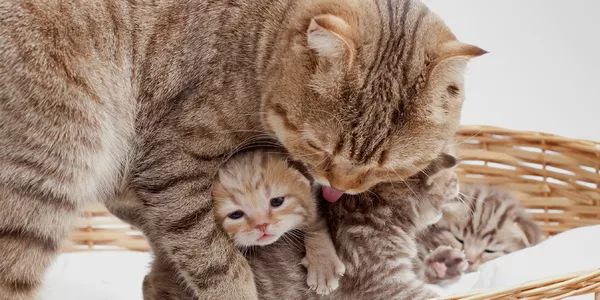A recent study published in the Schizophrenia Bulletin has ignited discussions within both medical and pet enthusiast circles. The study, reported by Cat Time, suggests a potential link between cat ownership and an increased risk of developing schizophrenia and other mental health disorders, based on a comprehensive review and meta-analysis.
Spanning four decades and examining numerous publications, the research delved into the effects of owning a cat before the age of 25 on the likelihood of developing conditions associated with schizophrenia. Surprisingly, individuals who had cats during their childhood exhibited twice the risk of developing such disorders compared to those who did not have feline companions.
At the core of the controversy lies Toxoplasma gondii (T gondii), a protozoan parasite commonly found in domestic cats. Cat feces can serve as a reservoir for T gondii, potentially contaminating the environment. If ingested, this parasite can lead to toxoplasmosis—a condition linked to various mental health disorders, including schizophrenia.
These findings underscore the importance of raising awareness about toxoplasmosis, particularly among cat owners. Implementing preventive measures, such as practicing regular handwashing after interacting with cats or cleaning their litter boxes, as well as keeping cats indoors to minimize hunting and potential infection, can significantly reduce the risk of T gondii transmission.



























